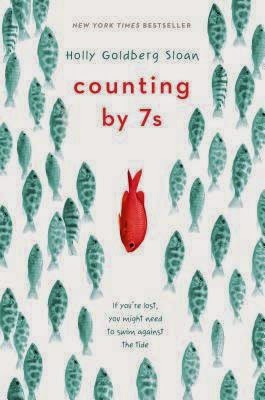This novel is set in Tanzania, Africa in current day. Habo is thirteen and the narrator of the
story.
“Mother and I have always been like the two posts of a door
frame, unable to move closer or farther away, and the emptiness that sits
between us is the shape of my missing father.”
Habo’s father left the family as soon as he saw his fourth child
– a “ghost child”- albino--born in a country where everyone has deep brown
skin. Habo’s two other brothers are hostile to him. Both brothers have to work extra hard in the
coffee plantation to earn money for the family’s existence. Habo’s fair skin and his ultra-sensitive eyes
make it difficult for him to do much work outside due to sunburn and the blistering
of his fair skin.
When his mother can no longer pay the rent for the farm
where they live, the family travels a great distance to seek help from his
mother’s sister’s family. In Mwanza where her sister lives, there is little
room for extra guests, yet they are allowed to stay there until the mother can
make enough money to locate somewhere on their own.
Habo and his family are totally unprepared to learn that it
won’t be safe for the family to stay in Mwanza. The problem is quite dire. Any albino is being hunted down, killed, and
the body parts are being sold as good luck pieces. Even albinos who have lived
long lives in Mwanza are being butchered in their homes by men much like the poachers
of animals who kill endangered animals for their ivory tusks or their horns.
In the small home of his aunt, they arrange a hiding place
for Habo behind stacks of corn. Here he spends his days while the rest go out
to work or school. Only his youngest nephew is at home with him. When one of
the animal poachers finds Habo, Habo knows he must flee or be the next albino
killed. His is a hallowing tale of escape and then of the redeeming of his life in a totally new city.
What will Habo’s family do now to survive? How will they
protect him? Read Golden Boy to
find out.





